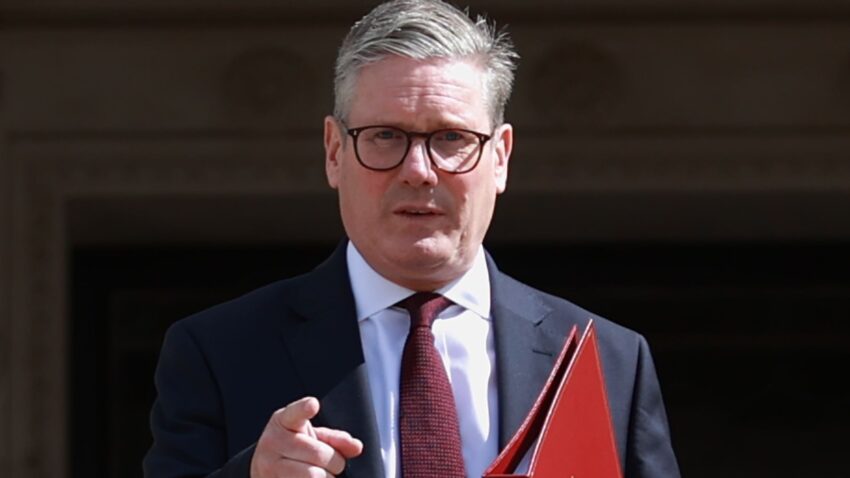In a recent statement, Sir Keir Starmer indicated a potential increase in national insurance for employers. Despite this, he reiterated Labour’s commitment to maintaining tax promises for workers.
As the budget looms, the implications of these potential changes are stirring concerns among business leaders, who argue that increasing employer taxation could jeopardise jobs.
Labour’s Challenging Budget Decisions
The Prime Minister has underscored the need for ‘tough’ decisions in the upcoming budget. Although Labour previously assured voters that there would be no increase in national insurance, Sir Keir Starmer and Chancellor Rachel Reeves have emphasised that this commitment applies strictly to workers’ taxes.
Despite Labour’s assurance, the prospect of a rise in employers’ national insurance contributions has not been unequivocally dismissed, indicating a possible shift in policy focus to balance fiscal needs without burdening individual taxpayers.
Balancing Economic Stability and Tax Policies
Chancellor Reeves has highlighted the necessity of raising taxes to secure economic and fiscal stability. She has assured businesses of a forthcoming ‘business tax roadmap’, aiming to offer long-term certainty to investors.
Reeves suggests that while tax increases may be unpopular, they are crucial for maintaining stability, which businesses value more than low taxes.
By promising a detailed fiscal plan, Labour aims to mitigate concerns of unpredictable tax hikes, thereby fostering an environment conducive to steady economic growth.
Labour’s Manifesto and Employer Contributions
Labour has repeatedly stated their manifesto pledges, focusing on not increasing taxes for working individuals. However, this pledge does not explicitly cover employer contributions, which could be targeted for adjustments.
Laura Trott, the shadow chief secretary to the Treasury, has critiqued Labour for potentially breaching their manifesto promises.
Trott contends that any increase would directly contradict Labour’s stated objectives, while Labour supporters argue these adjustments are outside the promises made to voters.
The manifesto explicitly outlined the non-increase of national insurance for workers, basic, higher, and additional income tax rates, and VAT.
Business Community Concerns
Some business leaders have voiced their reservations about potential increases in employer national insurance contributions. They argue that such measures could hinder job creation and economic vitality.
The Federation of Small Businesses has warned that additional financial pressures on small employers may adversely affect their operations.
With smaller businesses forming the backbone of the economy, imposing higher taxes on employers could stifle innovation and growth, leading to broader economic repercussions.
Ensuring Political and Economic Certainty
Reeves has asserted that the business sector prioritises political stability over reduced tax obligations.
By laying out a clear tax trajectory, Labour seeks to ensure both political and economic predictability.
The proposed ‘business tax roadmap’ is designed to offer clarity, helping businesses plan for future obligations while supporting sustained economic health.
Manifesto Pledges Versus Economic Realities
The debate between maintaining manifesto pledges and addressing economic realities continues to be at the forefront.
While Labour remains steadfast in their commitment to workers, adjusting employer taxes might present a viable route to reconcile fiscal challenges.
Acknowledging business leaders’ concerns, the government insists on careful consideration and communication of any potential policy changes.
Conclusion
As discussions intensify regarding Labour’s fiscal strategies and their impact on businesses, the overarching goal remains: safeguarding economic stability while honouring tax commitments to workers.
The success of any policy adjustments will hinge on transparent communication with stakeholders and balancing diverse economic interests.
The unfolding narrative reflects the ongoing tension between political promises and fiscal pragmatism.
Labour aims to navigate these complexities by fostering an environment supportive of both economic stability and workers’ welfare.

